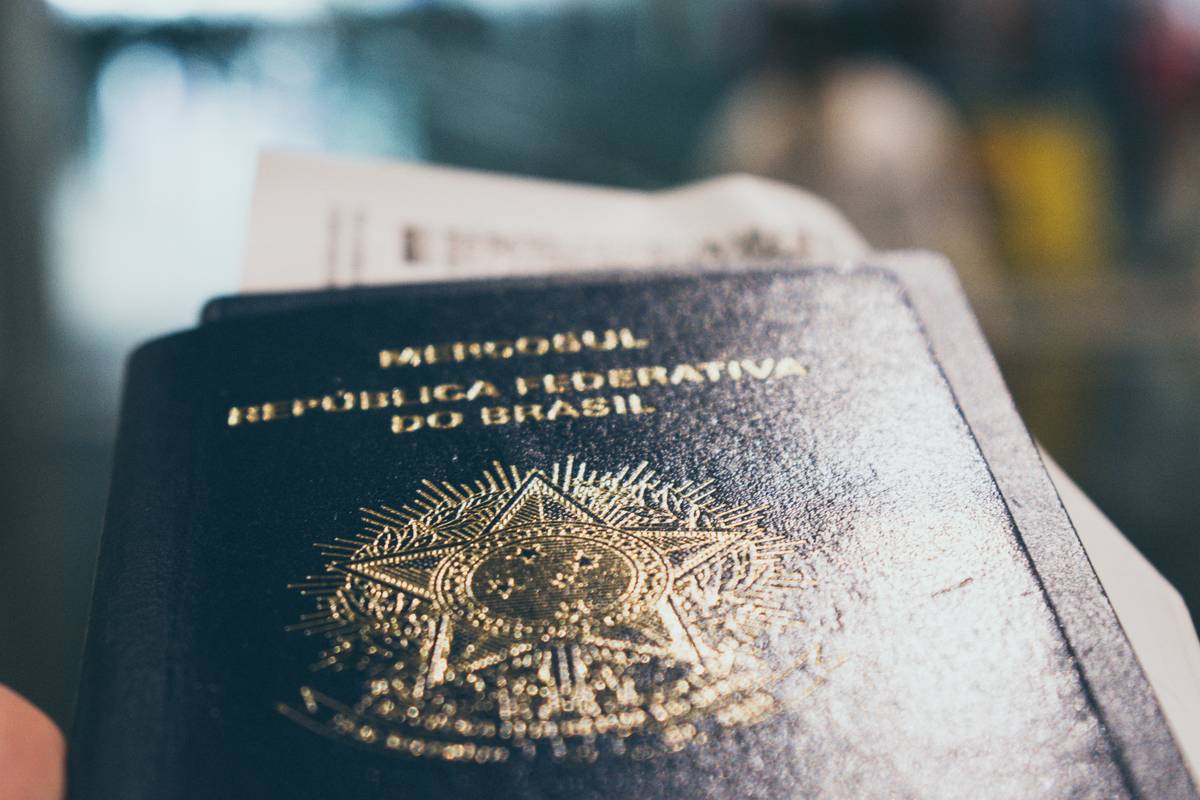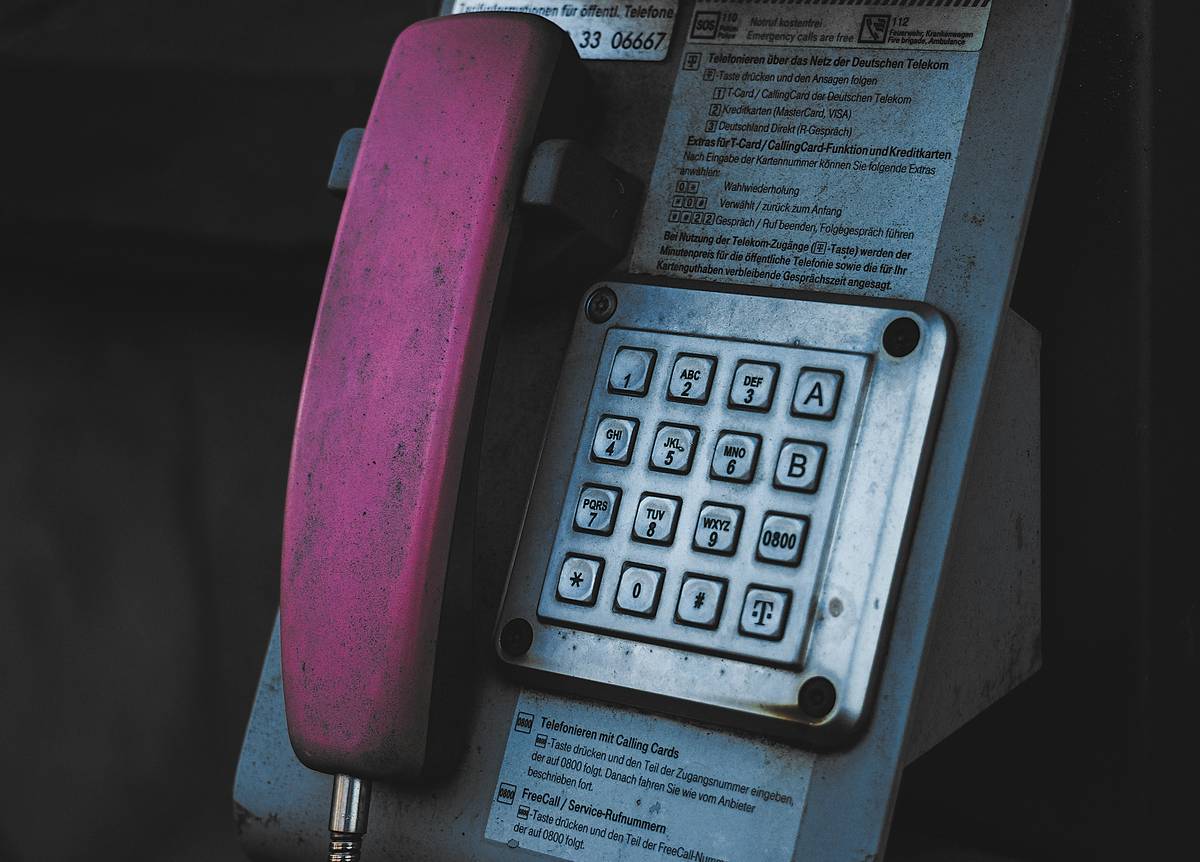“Ever found yourself stranded in another country with no idea who to call? Yeah, it’s not a fun place to be.”
Whether you’re traveling for work, leisure, or an extended stay abroad, emergencies happen. From medical mishaps to unexpected family crises, knowing how to navigate the system—and who your emergency contact abroad should be—is critical. That’s where repatriation insurance comes into play.
In this guide, we’ll explore everything from what repatriation insurance covers to why having a solid emergency contact plan isn’t just smart—it’s essential. You’ll learn:
- What repatriation insurance actually is (spoiler: it’s a lifesaver).
- Why choosing the right emergency contact can save your bacon overseas.
- Actionable steps to prepare before jetting off.
- Tips on maximizing benefits without breaking the bank.
Table of Contents
- Key Takeaways
- Why You Need Repatriation Insurance When Traveling
- How to Prepare for an Emergency Abroad
- Best Practices for Using Your Repatriation Insurance
- Real-Life Example: How Repatriation Insurance Saved Sarah
- Frequently Asked Questions
Key Takeaways
- Repatriation insurance ensures you’re covered if you need to return home due to illness, injury, or death while abroad.
- An emergency contact abroad is someone local who knows your situation and can act quickly on your behalf.
- Preparation—like sharing documents with trusted contacts—is vital for staying safe overseas.
- Not all policies are created equal; shop around for one tailored to your needs.
Why You Need Repatriation Insurance When Traveling
“I once assumed my regular health insurance would cover me abroad. Big mistake.”
Here’s the thing: most standard health plans stop working once you leave your home country. Imagine lying in a hospital bed in Thailand, racking up thousands in medical bills because your domestic policy won’t kick in. Trust me, that’s a grumpy scenario.
So, what does repatriation insurance offer?
- Medical Evacuation: Covers transport back home if needed.
- Family Assistance: Flies loved ones out to support you during recovery.
- Body Repatriation: Though grim, it provides peace of mind knowing arrangements are handled if something tragic occurs.

How to Prepare for an Emergency Abroad
“Optimist You: ‘Just buy the insurance and relax!’
Grumpy You: ‘Yeah, but first, read the fine print.’”
To avoid last-minute panic, follow these actionable steps:
Step 1: Create an Emergency Contact List
You’ll want at least two people listed as your emergency contact abroad—one locally based and one back home. Share copies of important documents like passports, visas, and policy details with them securely via apps like Dropbox or Google Drive.
Step 2: Register With Your Country’s Embassy
This step often gets overlooked, but embassies can help locate missing travelers, provide legal assistance, and notify next of kin in emergencies. Don’t skip it!
Step 3: Understand Your Policy Details
Ask questions like:
- Does my policy include coverage for pre-existing conditions?
- Are there exclusions based on activities (e.g., extreme sports)?
- What’s the process for filing claims?
Best Practices for Using Your Repatriation Insurance
“Pro Tip: Keep digital AND physical copies of your policy card handy. Sounds basic? Good. Do it.”
- Know Your Coverage Limits: Some insurers cap reimbursement amounts for certain treatments.
- Avoid Terrible Advice: *Don’t wait until after an emergency to reach out.* Call your provider ASAP—they have resources ready to mobilize.
- Use Local Contacts Wisely: If possible, partner with a bilingual friend or hire a concierge service familiar with international healthcare protocols. It sounds bougie, but trust me, it makes life easier.
Real-Life Example: How Repatriation Insurance Saved Sarah
Sarah, a freelance writer living temporarily in Spain, fell seriously ill with appendicitis while exploring rural villages. Without local connections, she was overwhelmed by language barriers and mounting costs.
Luckily, her repatriation insurance kicked in, covering both her surgery and flight back to the U.S. for continued care. She credits the policy—and her designated emergency contact abroad—with getting her through safely.

Frequently Asked Questions
Do I really need repatriation insurance?
Honestly? Yes. Unless you fancy footing huge medical bills alone or relying solely on embassy goodwill, it’s worth every penny.
Who should I choose as my emergency contact abroad?
Pick someone reliable and available—preferably bilingual if you’re visiting non-English speaking countries. Friends, colleagues, or even hired services work well.
Can I add repatriation coverage later?
Technically, yes—but prices skyrocket mid-travel. Buy early for better rates!
Conclusion
Navigating emergencies overseas doesn’t have to feel like drowning in a sea of bureaucracy. Armed with proper repatriation insurance and a solid emergency contact abroad, you can breathe easy knowing you’re prepared for whatever comes your way.
“Stay safe, keep coffee nearby, and remember: Like a Nokia phone, classic planning never dies.”


